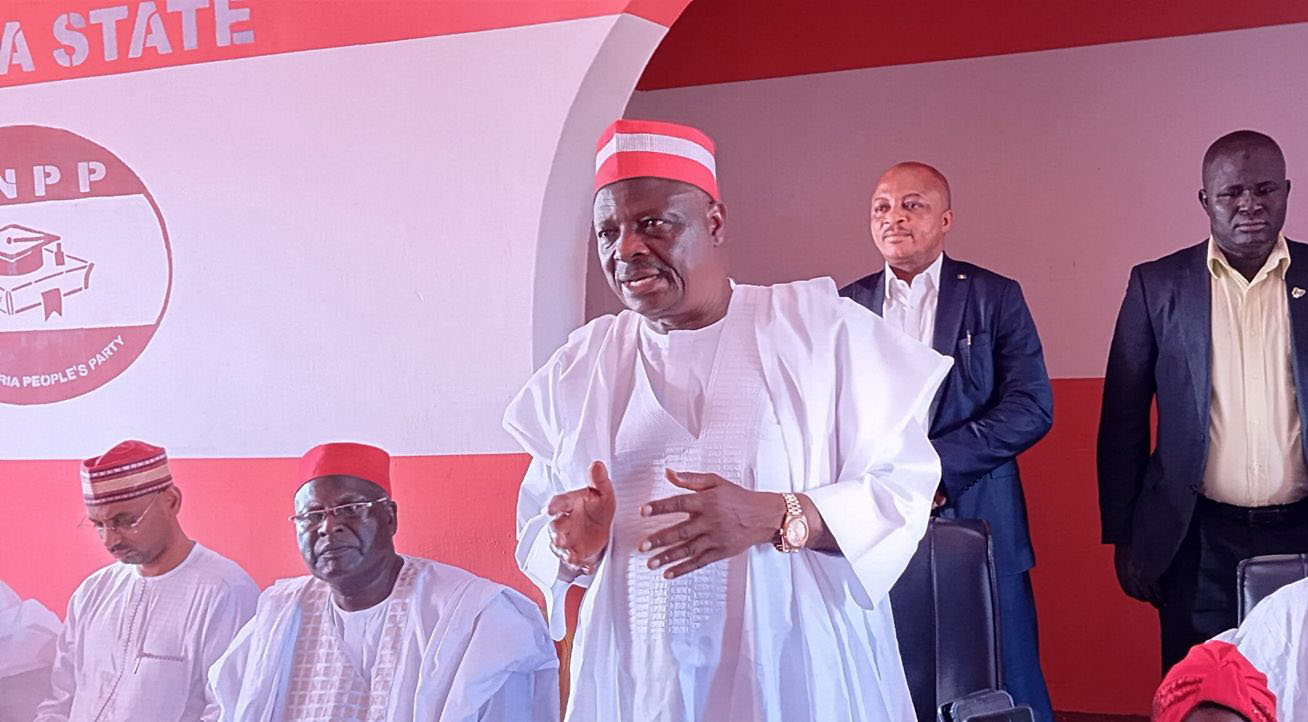Now Reading: Nigerians Are Suffering: NNPP Chieftain Accuses Politicians Of Hiding Despite Hardship
-
01
Nigerians Are Suffering: NNPP Chieftain Accuses Politicians Of Hiding Despite Hardship
Nigerians Are Suffering: NNPP Chieftain Accuses Politicians Of Hiding Despite Hardship

In a scathing rebuke, former Kano State Governor and NNPP chieftain Rabiu Musa Kwankwaso has accused top politicians of abandoning Nigerians in their hour of need by fleeing to Abuja. He argued that while communities face deepening poverty and insecurity, some public servants are sequestered in the capital, far from the people they ought to serve.
“They have moved to Abuja; they live far away while Nigerians are suffering,” Kwankwaso charged. Daily Post

Kwankwaso lamented that many senators, ministers, and lawmakers have effectively vacated their circuits, leaving constituents to fend for themselves in worsening conditions. He accused these officials of cocooning themselves in the seat of power, detached from the daily struggles of Nigerians.
He contended that such behavior underscores a deeper indictment of leadership one where political interests and comfort take priority over service and empathy.
According to him, the divide between “those in power” and “the people” has never been more glaring.
Leadership Choices Under Fire

Kwankwaso’s criticism also touched on the absence of political accountability. He implied that leaders, by fleeing to Abuja, evade scrutiny and lose touch with the realities on the ground especially in states suffering poor infrastructure, insecurity, and economic hardship. Daily Post
His remarks come at a time when many Nigerians are facing galloping inflation, rising unemployment, and intensifying security challenges. Analysts say the disconnect between leaders and citizens deepens public frustration and erodes trust in governance.
READ ALSO:5 Alleged Reasons Omoyele Sowore Was Arrested by the Nigerian Police
Political Implications & Reactions
The NNPP stalwart’s comments have sparked reactions across political circles. Some analysts see his statement as both a critique of the ruling class and a bid to position himself as a voice of conscience. Others warn that rhetoric alone may not suffice in a system where power often shields recklessness.
In related reporting, Kwankwaso has earlier denied plans to defect from the NNPP, reaffirming his loyalty to the party amid speculation about possible realignments.
As Nigeria grapples with existential challenges, Kwankwaso’s indictment rings loud: leaders cannot hide behind the walls of Abuja while their people bleed. His words demand that public office be more than prestige it must be service, proximity, sacrifice.
“If you flee to Abuja and abandon your people, you have failed as a steward,” he warned. Daily Post
In the end, the measure of leadership should not be how comfortable one can be in the capital, but how boldly one confronts the nation’s struggles on its soil.






